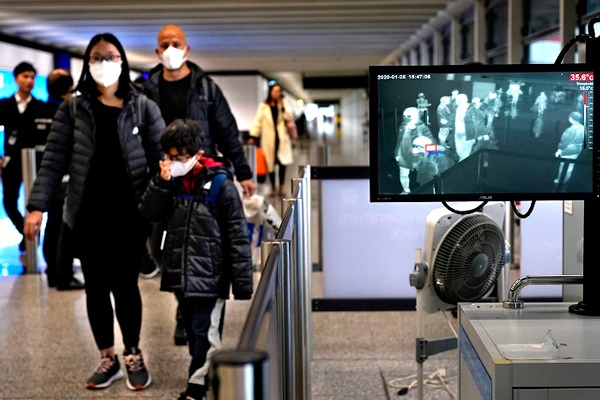
FOLLOWING President Emmerson Mnangagwa’s decision to proclaim a lockdown over COVID-19 for 21 days to minimise the spread of the virulent disease in the country after the death of journalist Zororo Makamba, central business districts and other hubs of activity are now deserted.
NewsDay Comment
Residents, however, are now swarming their neighbourhoods where, for the greater part, it is still business as usual as the message of “social distancing” seems to have been ignored. In fact, the manner in which many high-density suburbs were constructed, and with their high population densities, it may be impossible to effect social distancing.
The Merriam Webster dictionary defines social distancing as “the practice of maintaining a greater than usual physical distance from other people or of avoiding direct contact with people or objects in public places during the outbreak of a contagious disease in order to minimise exposure and reduce the transmission of infection.”
Where there are no specific measurements of distances, it is left to the individual in their space to define the distance, and that in itself is problematic. What is worse is that there have been no efforts on the part of government, through the Health and Child Care ministry, to explain these things to the public.
Quite clearly, the national broadcaster, Zimbabwe Broadcasting Corporation, does not have the capacity to do this, and that is where community radio stations would have come in handy if government had foresight. They could have run this campaign and empowered communities with information and knowledge to help them remain safe even while in their neighbourhoods.
The novel nature of COVID-19 means relevant and regular information is needed everyday and it is important to keep communities abreast with such knowledge for their protection and safety.
Truth be told, Health minister Obadiah Moyo has been found out of his depth following this outbreak as his ministry should have been at the forefront, perhaps alongside the Information ministry, to ensure that even people at the grassroots of communities around the country are updated on developments around this outbreak, and explaining to them in vernacular languages concepts such as social distancing.
- Chamisa under fire over US$120K donation
- Mavhunga puts DeMbare into Chibuku quarterfinals
- Pension funds bet on Cabora Bassa oilfields
- Councils defy govt fire tender directive
Keep Reading
As it stands, the public has had no education about the COVID-19 virus that has upended their lives far more than any political action has. This has allowed myths and unfounded theories to take root, leaving people at the mercy of clairvoyants and peddlers of gossip. While the government continues to talk about “social distancing” and so forth, there has been no explanation of what that implies and how to effect it and how it could impact their lives vis-à-vis the coronavirus outbreak. That is why in the high-density suburbs around the country, it’s business as usual as people are blissfully ignorant about just how fast this virus spreads in clusters of people and the devastation it will cause.
As it is, Zimbabwe is only at the start of the curve and it’s clear to everyone that should the virus take hold, thousands are at risk of not only contracting the virus but of losing their lives.
There is, therefore, need for more public awareness around COVID-19 to get the public buy-in of any measures the government is putting in place to keep its citizens safe.











